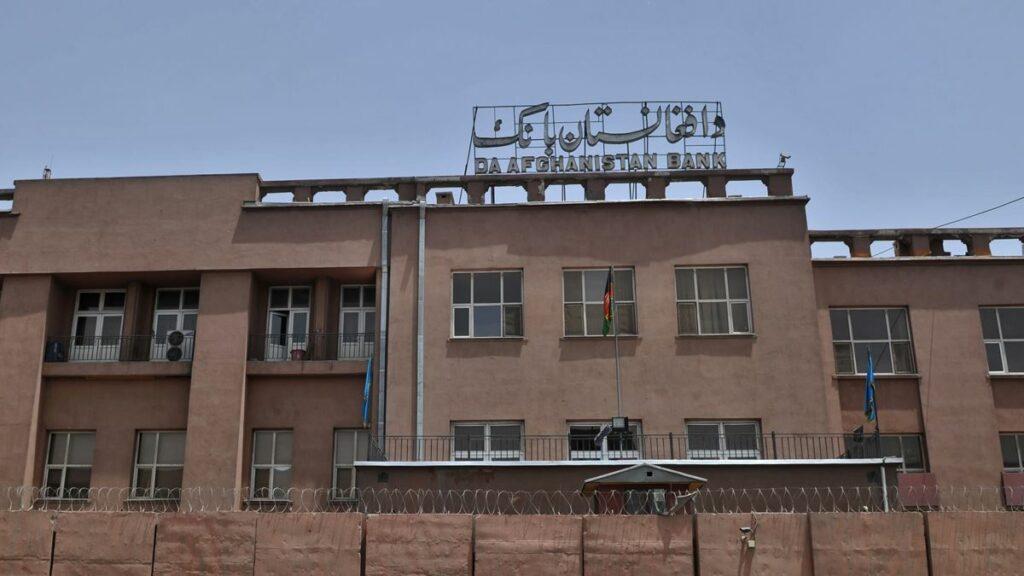KABUL (Pajhwok): Human Rights Watch said Thursday that talks between Afghanistan and the United States about easing trade restrictions shouldn’t be derailed by the killing of al-Qaeda leader Ayman al-Zawahri in an American drone strike on his safe house in Kabul.
The rights group urged the US and other nations to ease restrictions on Afghanistan’s financial sector to support legitimate economic activities and humanitarian aid.
The non-profit noted that until the trade restrictions were relaxed, the Afghan humanitarian crisis would not be addressed effectively.
The US, its western allies, and the World Bank revoked the credentials of the Central Bank of Afghanistan after the Taliban takeover on Aug.15, 2021.
The US and Afghanistan are currently negotiating to ease the blockade in the midst of the devastating crisis that has gripped the country for the past year.
The US drone strike on July 30 that killed the senior al-Qaeda commander raised concerns that the talks would be in jeopardy.
The two sides have accused each other of violating the February 2019 Doha deal, which led to the US departure from Afghanistan and the Taliban taking control of Kabul.
“The US air strike…should not derail ongoing discussions between the US and Afghanistan to urgently reach an agreement allowing ordinary Afghans to engage in legitimate commercial activity,” the rights group said.
HRW underlined that the humanitarian crisis in Afghanistan, marked by mass hunger and poverty, was due to its economic problems tied to the banking sector.
The situation has been aggravated by the economic sanctions weighing on it since the Taliban’s takeover.
“Afghanistan’s intensifying hunger and health crisis is urgent and at its root a banking crisis,” HRW’s Asia advocacy director John Sifton said in a statement.
“Regardless of the Taliban’s status or credibility with outside governments, international economic restrictions are still driving the country’s catastrophe and hurting the Afghan people,” Sifton said.
Afghanistan’s central bank remains unable to access its foreign currency reserves or process or receive most international transactions, resulting in a major liquidity crisis.
“People have nothing to eat. You may not imagine it, but children are starving… The situation is dire, especially if you go to the villages,” an Afghan humanitarian official told HRW recently, adding that the problem was more due to a shortage of liquidity than food.
Almost 20 million people, or half of the country’s population, are suffering either “crisis” or “emergency” levels of food insecurity, according to the World Food Programme.
Overall, more than 90 percent of Afghans have been suffering from some form of food insecurity since last August, skipping meals or whole days of eating and engaging in extreme coping mechanisms to pay for food, including sending children to work, HRW said.
“Millions of hungry Afghans are experiencing the abysmal reality of seeing food at the market but being unable to purchase it,” Sifton said.
ma







GET IN TOUCH
NEWSLETTER
SUGGEST A STORY
PAJHWOK MOBILE APP